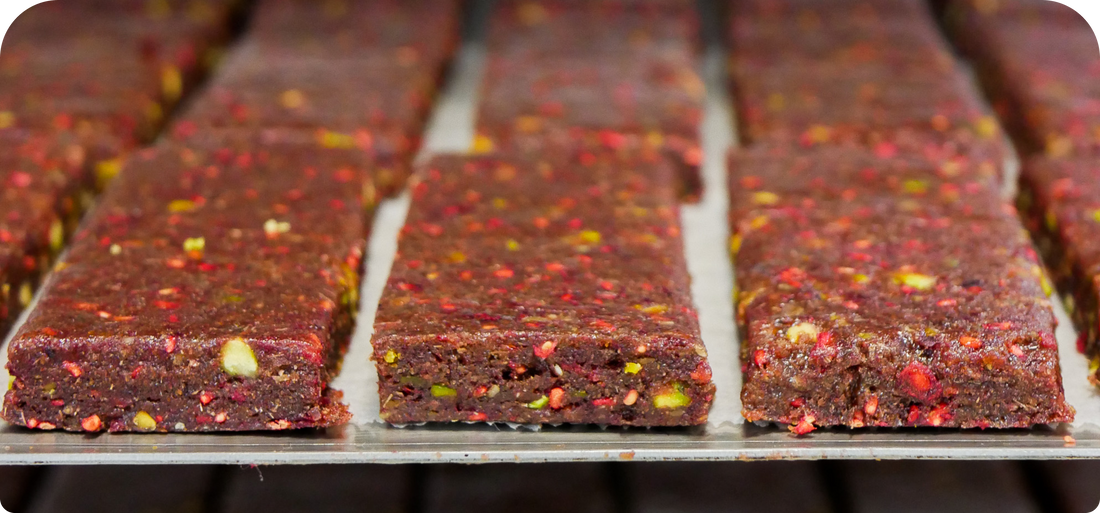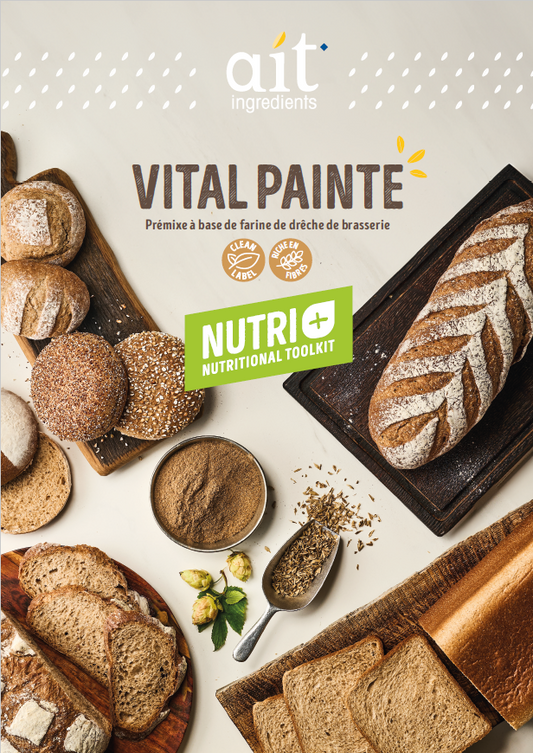The nutritional benefits of energy bars
Maltivor energy bars are designed for people who mainly practice endurance sports, they provide a healthy source of energy while enjoying a snack without compromise!
What are the nutritional benefits of Maltivor energy bars?
These energy bars contain our flagship ingredient: spent grain flour, which is rich in protein, fiber and minerals. Derived from beer brewing, spent grain is the part of barley malt that has not been used by brewers. Maltivor works to revalue these cereals in your sports and daily diet!
These bars contribute to normal energy metabolism, reduce muscle fatigue and oxidative stress. They contain electrolytes, are a source of magnesium, rich in vitamin B3, rich or a source of vitamin E depending on the bar chosen. These two energy bars then have a nutritional interest due to their composition in:
- Electrolytes: During exercise, some of these minerals: calcium - magnesium - potassium - sodium present in our blood and cells are lost in sweat, yet essential for muscle contraction and nerve conduction. This disruption of electrolytes can harm performance. Indeed, sodium losses can range from 0.2 to 12.5 g/L depending on the athlete's profile and cause nausea, headaches, vomiting, cramps, etc. This is why having a regular intake is necessary, especially in endurance sports. You will find per sweet bar: 255.8 mg of electrolytes and 332.2 mg of electrolytes for the salty bar.
- Magnesium: This mineral is involved in the transmission of nerve impulses and therefore allows the athlete to contract and relax his muscles.
- Potassium: We have in our body between 150 g and 170 g of potassium, this quantity varies according to the muscle mass of the subject. Indeed, potassium is mainly present in muscle cells. It intervenes in the transmission of nerve impulses.
- Calcium: This is the most important mineral in the body, we find it 99% in the skeleton, and is necessary for many physiological roles. It also participates in muscle contraction.
- Sodium: This mineral also participates in nerve transmission and muscle contraction.
- Phosphorus: This is the second most abundant mineral in the body. It is involved in the production of Adenosine Try Phosphate (ATP). This ATP corresponds to the form of energy used during exercise.
- Vitamin B3: This vitamin is necessary for energy production as well as the production of red blood cells.
- Vitamin E: It is a powerful antioxidant, thus limiting the impact of oxidative stress on the athlete's body. It also improves cellular respiration.
- Carbohydrates: Consuming several carbohydrates (sucrose, fructose, glucose, maltodextrin) during an aerobic effort would improve the rate of carbohydrate utilization (absorption and oxidation). This is why we chose to provide both fruit paste and pistachios and raspberries to vary the sources of carbohydrates.
Are you ready to try our great energy bars?



